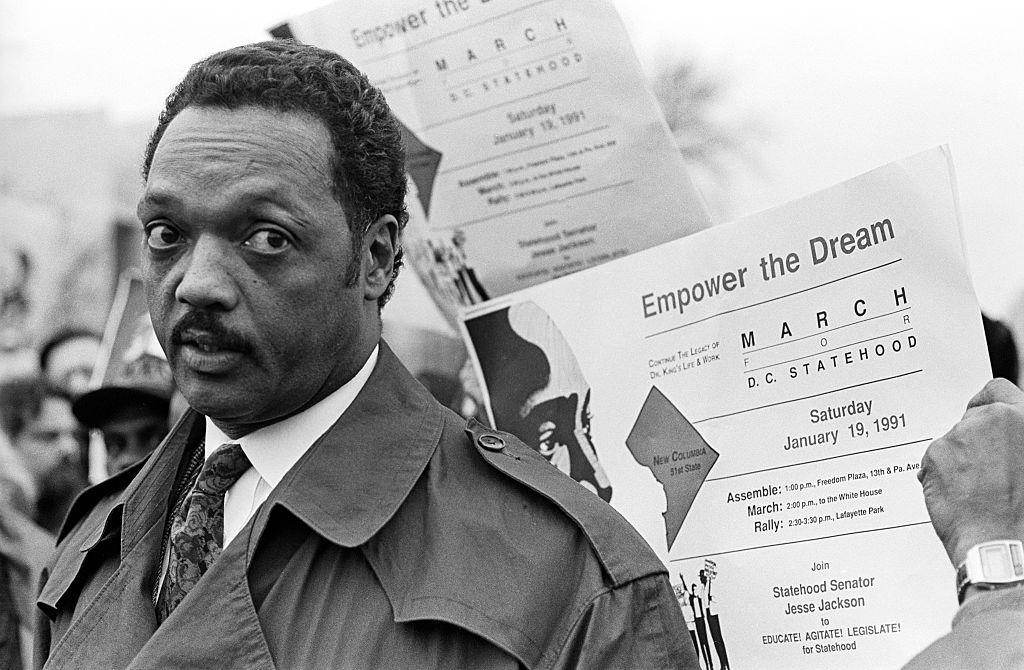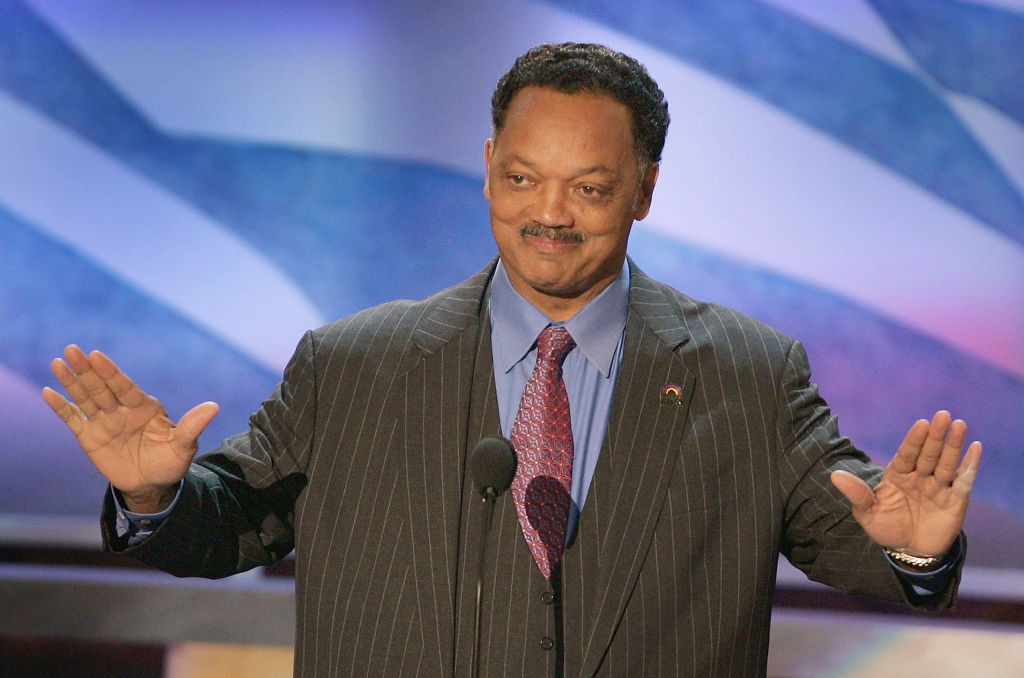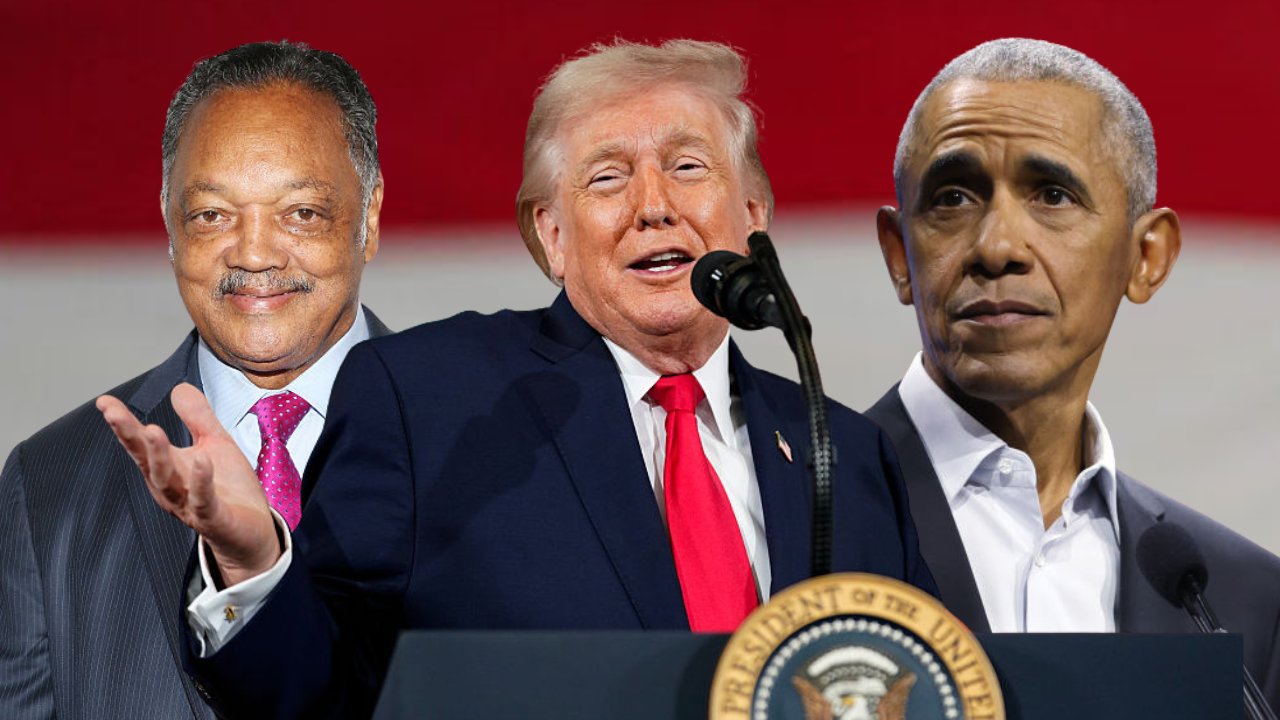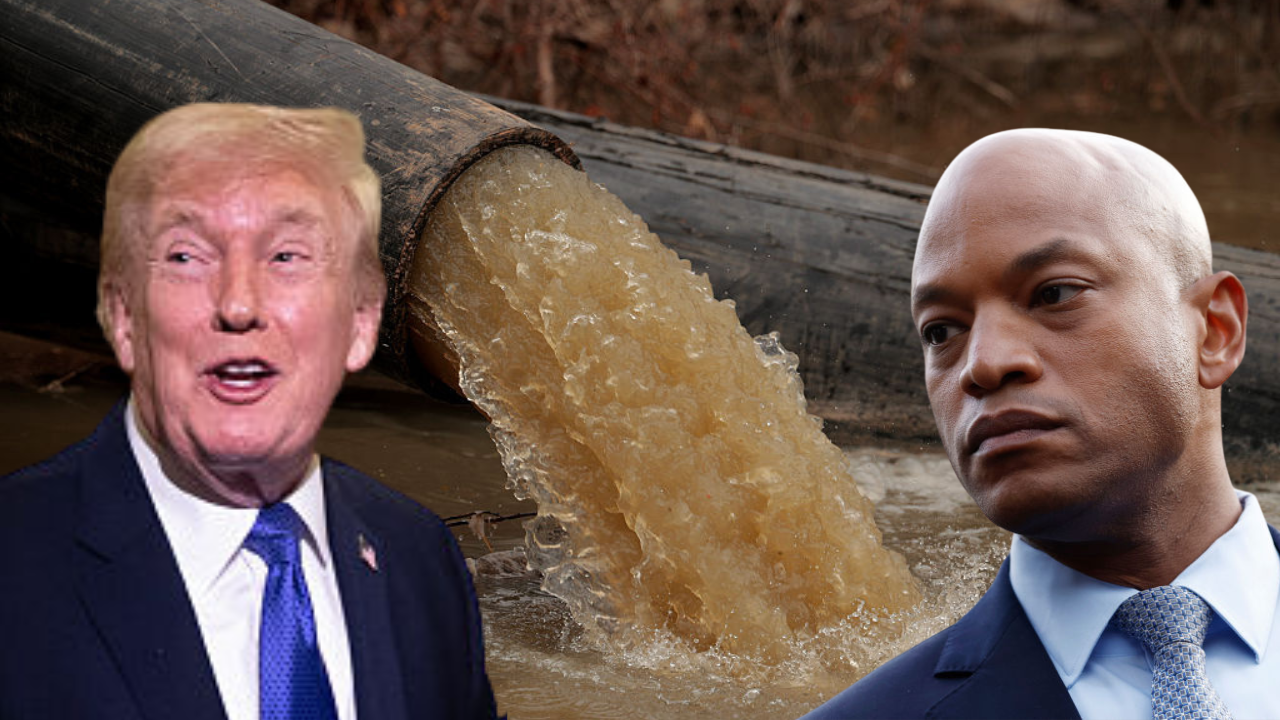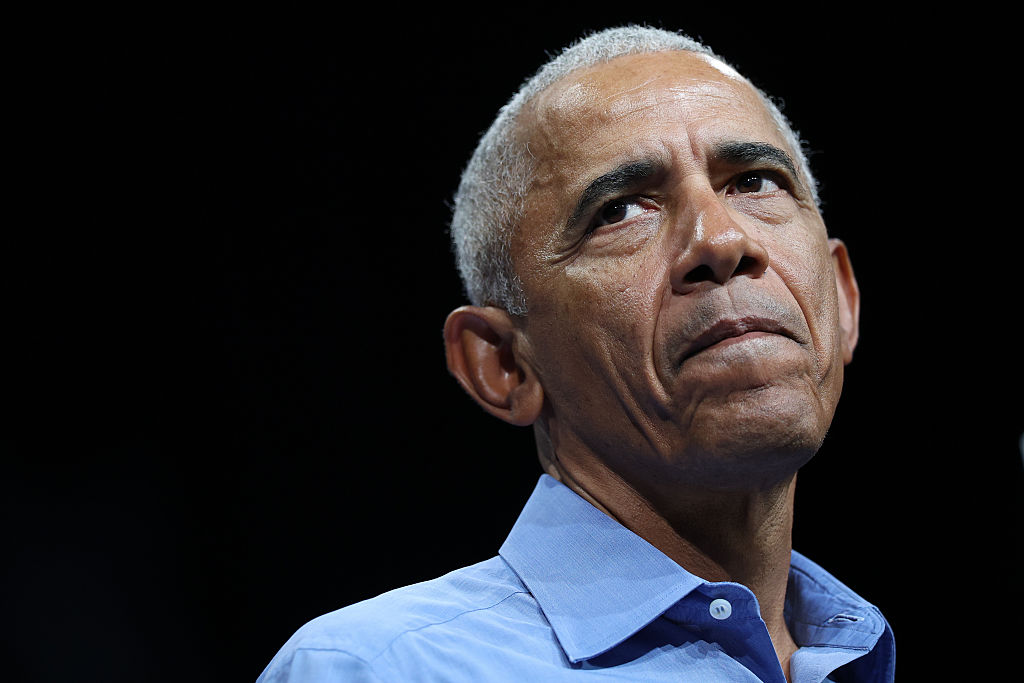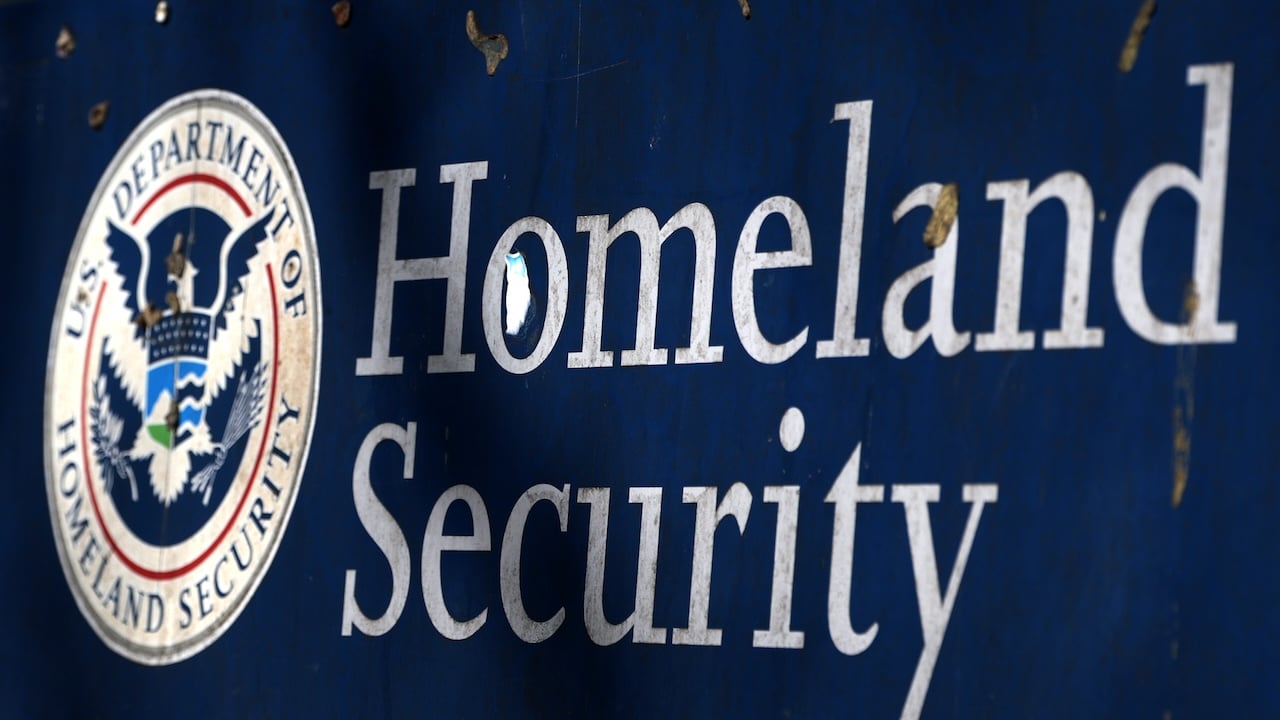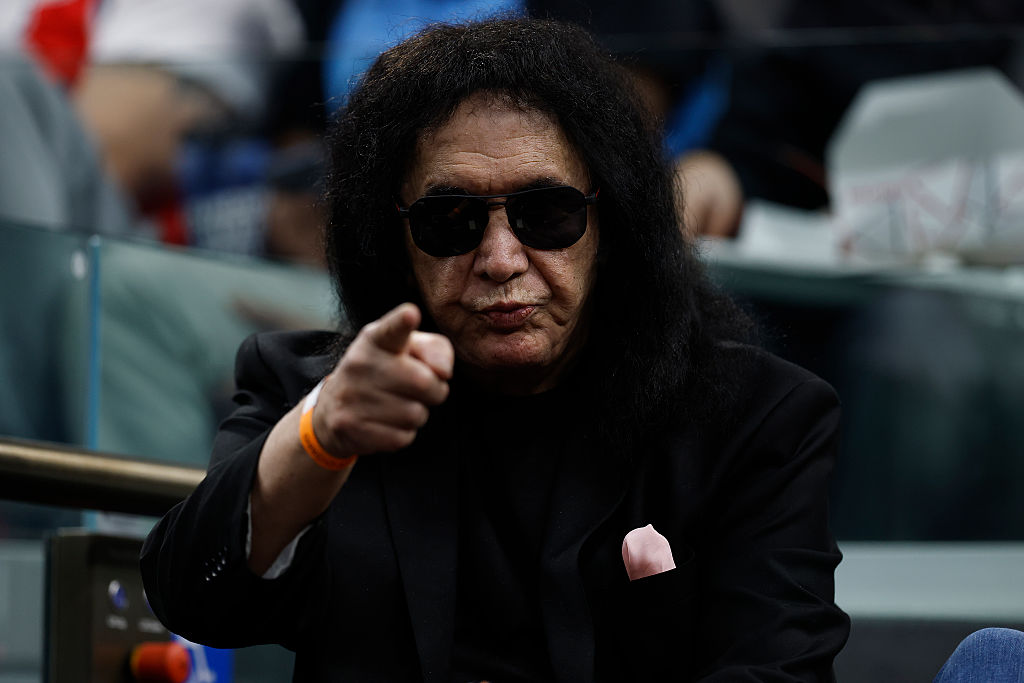Brian Flores gets a victory against NFL, but faces more legal battles

Listen to this story
Make no mistake: Minnesota Vikings defensive coordinator Brian Flores cleared a major hurdle Thursday when judges reaffirmed his right to have his day in court against the NFL.
But for Flores – and other Black coaches who allege that the most powerful organization in professional sports discriminates in hiring – the race is far from over.
In a long-awaited decision, the 2nd U.S. Circuit Court of Appeals in Manhattan upheld Judge Valerie Caproni’s ruling that Flores can proceed with claims against the NFL and three of its franchises: the Denver Broncos, New York Giants and Houston Texans. The league maintains that employment agreements signed by Flores and other coaches should confine disputes to arbitration.
Had the NFL prevailed on appeal, commissioner Roger Goodell – who works for the owners of the 32-team league – would have served as the arbiter, or he could have appointed someone else. Such a process is “arbitration in name only,” the court’s decision read. “Instead, it [the NFL’s process] offends basic presumptions of our arbitration jurisprudence” by forcing claims to be decided by the NFL’s “principal executive officer,” according to the appeals court.
Now, Flores, who’s thriving with the Vikings, faces more legal battles with the NFL. In fact, despite Thursday’s ruling, he’s still not assured of actually having his day in court, law professor N. Jeremi Duru said.
During a phone interview with Andscape, Duru, a professor of sports law at American University in Washington, D.C., said the NFL has only begun to fight.
“Yes, this is definitely a win for Flores. He brought this [case] in federal court, he wanted to litigate it in federal court, and the second circuit is saying the case is going to proceed in federal court,” Duru said. “But a trial is still a long way off.”
Duru expects the NFL to move to dismiss Flores’ case.
“There will be briefings, papers filed, potentially discovery process and more motions,” he said.
Bruce Yeung/Getty Images
With each legal obstacle Flores overcomes, however, he could move closer to engaging in settlement talks with the NFL.
“It’s fair to say that with every hurdle he clears, the league potentially comes closer to the settlement table,” Duru said. “The league doesn’t want to litigate this in federal court.”
That’s why Thursday’s ruling was significant for Flores, and it’s also easy to understand why the NFL was eager to compel arbitration in the matter.
Goodell is paid by every NFL club – a fact that would seem to create a conflict of interest if he alone were to rule on Flores’ claims, which Goodell’s subordinates in the league office say are without merit. What’s more, in arbitration, the proceedings would be shrouded in secrecy, unlike the transparency of a federal court.
Without a trial, it’s much less likely that information – including evidence – about specific claims, and the NFL’s counterarguments, would come to light.
“Generally, when you’re in arbitration, what happens is confidential. Generally, there’s not a whole lot of sunshine [on the process],” Duru said. “But in federal court, all the filings are public. And Brian Flores, I think, wants all of his claims and the league’s responses to his claims to be aired in public, because he feels like he’s got the better argument.”
In addition to its impact on Flores’ case, Thursday’s ruling could affect NFL arbitration cases in the future.
“You’re going to see in future circumstances, if Goodell assigns himself as arbiter, some of the same responses you’ve seen in the past [from the NFL Players Association] about [the process] being unfair,” Duru said. “But now, you’re also going to see this case citied. There’s precedent suggesting that the Federal Arbitration Act won’t support arbitration when Goodell is the arbiter.”
What's Your Reaction?
 Like
0
Like
0
 Dislike
0
Dislike
0
 Love
0
Love
0
 Funny
0
Funny
0
 Angry
0
Angry
0
 Sad
0
Sad
0
 Wow
0
Wow
0







